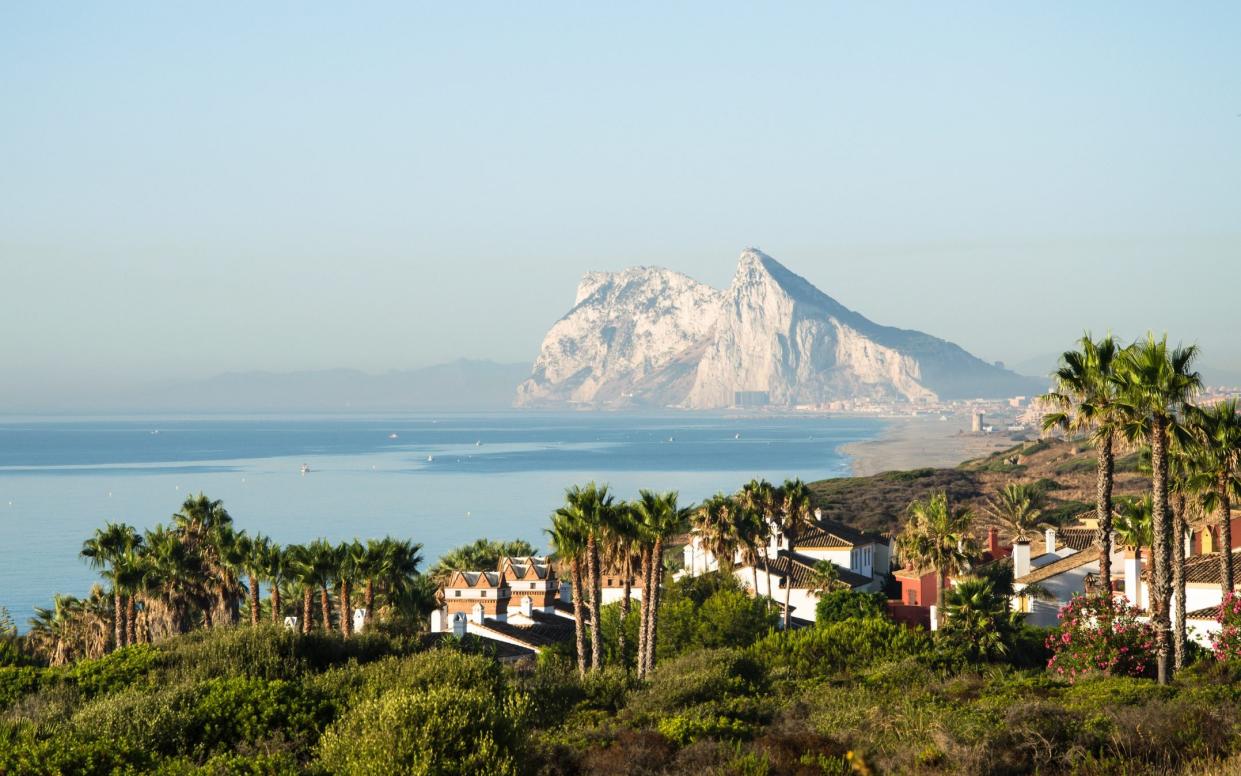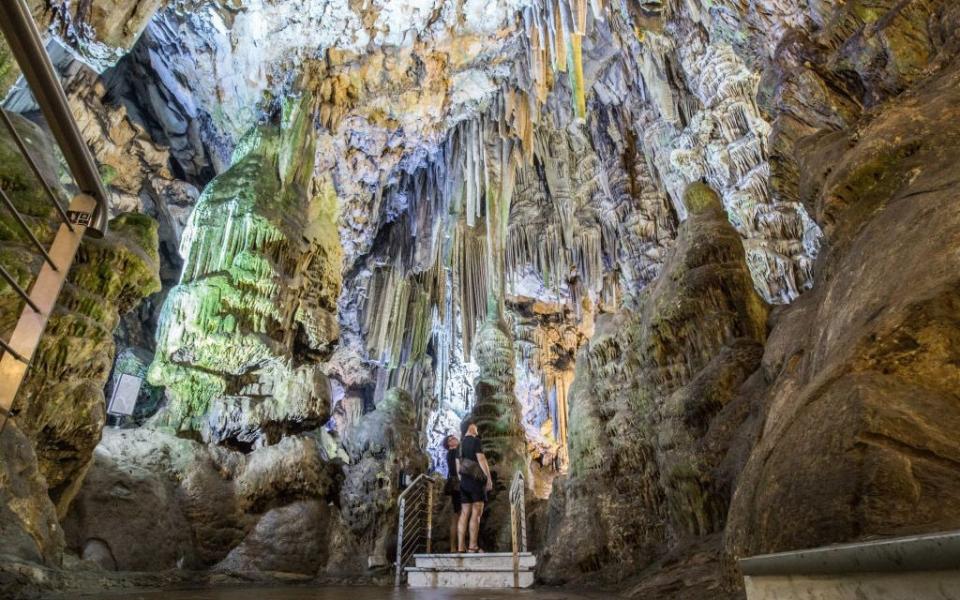All alone on the last restriction-free option for British travellers

“Ladies and gentlemen, as this is a full flight today, we’d like to thank you for boarding quickly…”
In the Covid-19 era, these are the words no air passenger wants to hear. My flight from Gibraltar to London this week was indeed packed – quite a contrast to the outbound journey just a few days earlier, which felt more like I was on a private plane than a scheduled British Airways service. But it wasn’t entirely surprising.
There was a mass exodus from the British Overseas Territory this week, as BA changed its schedules suddenly over the weekend and the twice-daily flights were drastically reduced – a product of the UK’s new lockdown and non-essential travel ban. Since November 5, visitor numbers to Gibraltar have plummeted. My flight was one of the last affordable routes heading out of the region, and so Gibraltarians and British residents who live between the two countries were suddenly making their exit.
But I really had to think twice before boarding that plane home. Gibraltar is not the sort of place I’d ever have considered visiting before – why would I want to fly abroad to be faced with yet more British culture? That’s not why I travel. But in these unusual times, beggars can’t be choosers, and once I arrived there, I found myself pleasantly surprised. So as the sun beat down on the runway on Tuesday morning and I headed towards the steps of the aircraft, I hesitated a little. I could see my hotel in the distance, The Sunborn – a five-star superyacht docked in the marina just across the bay – where full-board packages for month-long stays were going for £1,750. A tempting offer, but there was no turning back by this point.

For anyone who visits after the lockdown ends on December 2, this tiny rocky nation of 30,000 people and 300 or so Barbary macaques, is a decent little winter-sun escape – and the last restriction-free option for UK travellers. There’s (currently) an air corridor, no need for a test before or on arrival, and the mercury sits in the late teens or early twenties for most of the winter. Plus, it’s a supremely affordable place for visitors from Britain, thanks to its tax-free alcohol and pound sterling currency. A large glass of Rioja from just over the border in Spain for £5? Don’t mind if I do, thanks.
But there’s more to this place than monkeys and martinis. A tumultuous history of war and complex politics characterises Gibraltar’s story, and evidence of the often violent back and forth between the Spanish and British can be found all over the peninsula.

The enormous 426-metre rock that looms over everything is actually hollowed out, with caves and tunnels and bunkers – some natural, others man-made – burrowing deep inside its middle, ripe for exploration. A tall, imposing 16th-century fortification encircles the city centre and almost everywhere you look there’s a gun or World War relic or memorial to examine. There are even two original tombs of victims from the Battle of Trafalgar in Trafalgar Cemetery.

For families, the Alameda Wildlife Park inside the Botanical Gardens and the Covid-safe watersports options are brilliant distractions from the realities of the pandemic, and hours can be spent on the sand at Catalan Bay, where Genoese settlers arrived in the 16th century and now a cluster of houses painted like Neapolitan ice cream huddle around the beach.
With Spanish, Italian and Arabic influences, there’s some fine Mediterranean and North African food to be had – think sizzling hot garlic prawns, fresh pastas and falafel wraps – but the British culture is not to be sniffed at, either.
There’s a deeply pleasing novelty in sipping a London Pride in the sunshine on flashy Queensway Quay, where on weekends the locals gather for Sunday roasts at Monique’s or platters of cheese and smoked meats at Rendezvous, switching deftly between Spanish and English banter. In the city centre, the British couple behind Spirit of the Rock distillery offer tastings of their supremely smooth Campion gin, alongside a positively theatrical history lesson on the favoured English tipple. Step outside again onto Main Street and you’ll pass M&S, Debenhams and Matalan sitting side-by-side with those classic Mediterranean shuttered townhouses. It’s all quite surreal.

And as for those infamous macaques? Primatologist Brian Gomila reckons that – unlike most of us – they’ve shed a few pounds over lockdown. “Without the tourists to feed them chocolate bars, they’ve had to go back to foraging from the foliage, so they are probably more lean than before,” he told me as we tracked a group of them moving down towards their night-time hangout at dusk, all part of his highly engaging and educational Monkey Talk tours. Visitors sharing their food with the macaques is actually a huge problem, he explains, creating an uneasy power dynamic in which the monkeys believe they are the dominant species, so the dearth of tourists is no bad thing in Brian’s book.
But they won’t be hungry for long, as once lockdown is over in the UK and both easyJet and British Airways restart their regular flights, sun-seeking travellers will likely come flooding back – and, frankly, I don’t blame them.
For more advice on visiting Gibraltar, see the Foreign Office website.

